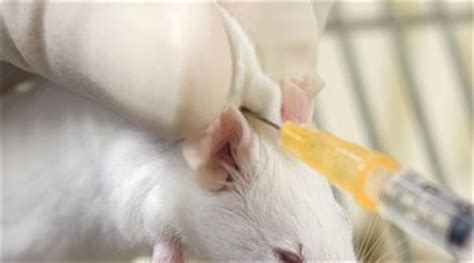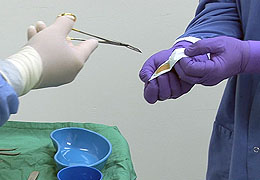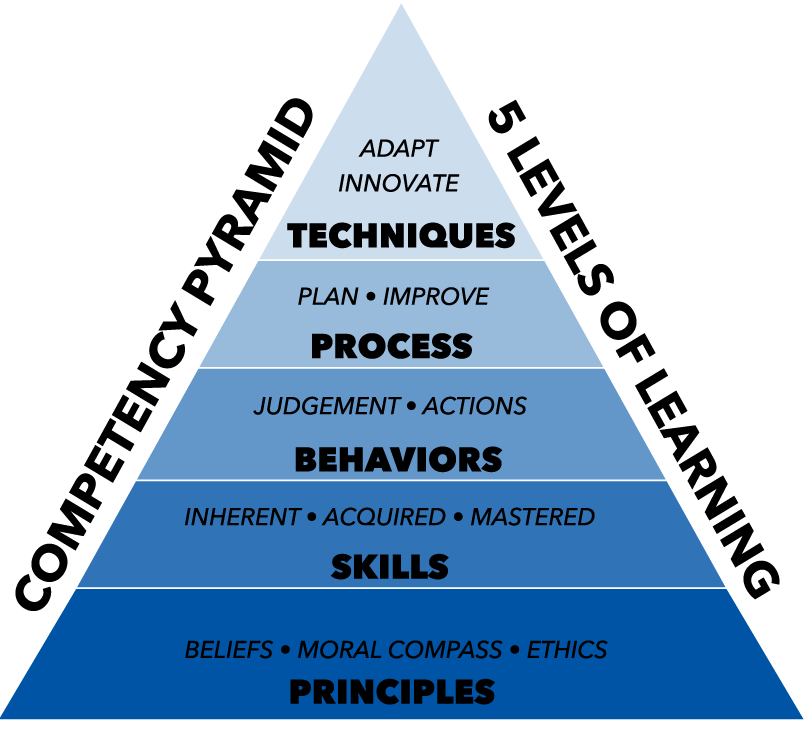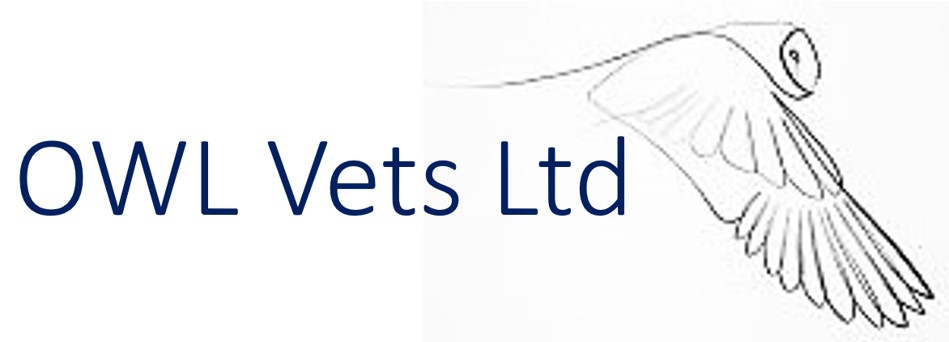
Excellence in animal welfare and science depends on having educated, skilled operators
– education and training is key to application of 3Rs throughout research

Created and delivered by passionate, experienced and qualified educators, our training courses are designed to include persons with a range of previous experience and knowledge.
We have a portfolio of workshops ready to go, or we can work with you to design bespoke training that best fits the needs of your institute and colleagues.

Our interactive courses are run in small groups and can be delivered either ‘virtually’ as live tutor-led sessions, facilitated ‘in the classroom’, or a blend of both.
Incorporating contemporary principles of adult education, our courses use real-life cases, polls and discussion to develop understanding in a safe, accessible way.

But most of all, we aim for a relaxed and fun atmosphere, which welcomes everyone!
Feedback from our students tells us that they find the courses useful, relevant and enjoyable!
Our Training Courses…
Refreshers
Interactive legislation & guidance updates for all staff
AWERB
Training for Animal Welfare & Ethical Review Board members.
Education
Enhancing skills for Staff who are Train and Assessors
Procedures
Procedure-related training, including aseptic surgical practice
Refresher training…

Update your knowledge and understanding of the Animals (Scientific Procedures) Act and related guidance with our interactive, case-based training.
Suitable for all categories of Licensee, AWERB members, as well as those with Named Roles under the Act.

Humane Killing/ Euthanasia
Suitable for those who are required to kill animals (EU Function D) this course provides an informative but sensitive discussion about the ethical, legal and practical aspects of humane killing, including ASPA Schedule 1 methods.
Many clients use this theory-based workshop as part of their annual competency update.

Actual severity assessment
An interactive workshop covering “Actual Severity” assessment and SC18 reporting.
This uses case studies and quizzes to reflect together in a safe environment on how actual severity can be assessed. We examine the Project Licence protocol limits and the requirements for reporting.
AWERB committee training

AWERB Training
Corresponding to the type of training mandatory for human ethics committees, this day-long workshop will assist new or existing members of an institutional AWERB (AWB) committee to understand, explore and reflect upon the legal, ethical and practical issues of the AWERB.
We examine AWERB’s 7 functions and the application of the 3Rs, plus the interactions between applicants, committee and PEL, including frameworks for committee conduct and effective group function.
Procedure-related training

Aseptic technique in surgery
Essential training for all those undertaking surgery, this course furthers understanding of why asepsis is so important for animal welfare and research integrity.
We introduce the four basic principles of aseptic technique, then participants have the opportunity to set up their own sterile operating field. We can hold the practical component of the course in your usual workplace, to work within the requirements of your particular situation .
Courses for trainers & assessors…

Enhance your training skills!
Technicians and researchers are technically very skilled in procedures but have often had no formal training in methods of teaching and learning, so being a trainer may feel a bit daunting!
This workshop introduces the modern pedagogical principles of teaching adults in the workplace environment and will build skills to enhance your confidence in teaching your colleagues. Suitable for anyone involved in practical workplace training.

Training for assessors of competence
Often a bit neglected as a skill in its own right, it’s essential that those who assess the competence of others are themselves trained in the principles and practice of assessment.
Assessment is related to training – but the skills are slightly different – in this course you will learn how to make assessments fair, transparent and consistent, using a validated framework, such as DOPS (Directly Observed Procedure Skills).
This course is suitable for any NTCOs, technicians, vets and researchers who are required to assess practical competence.
